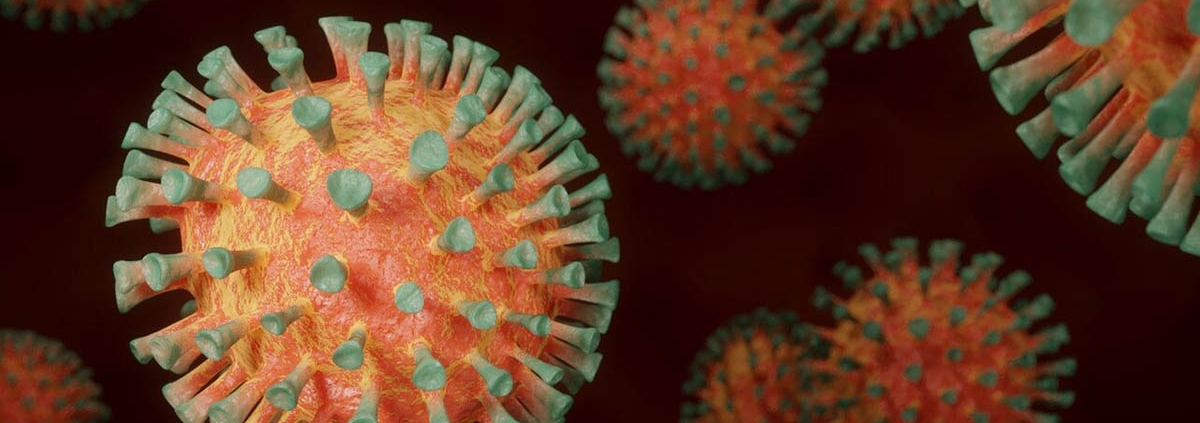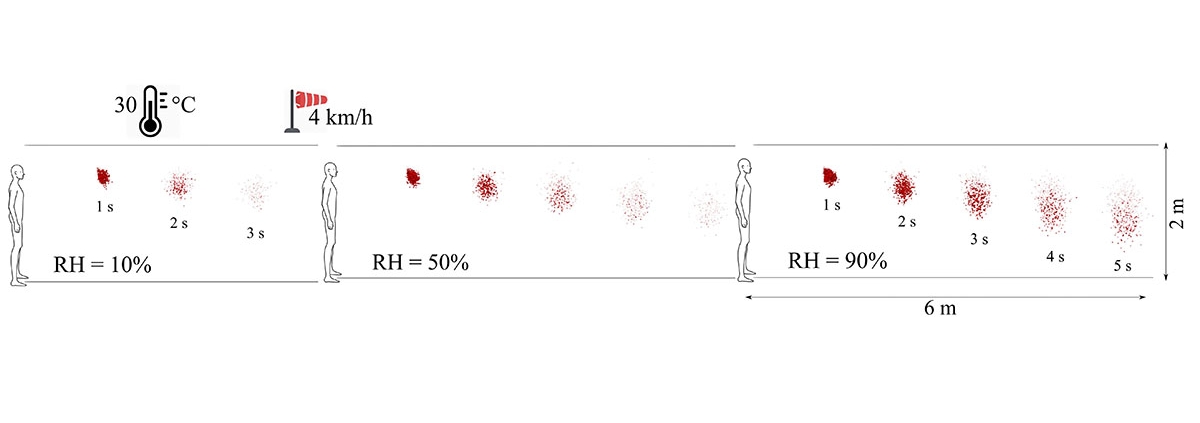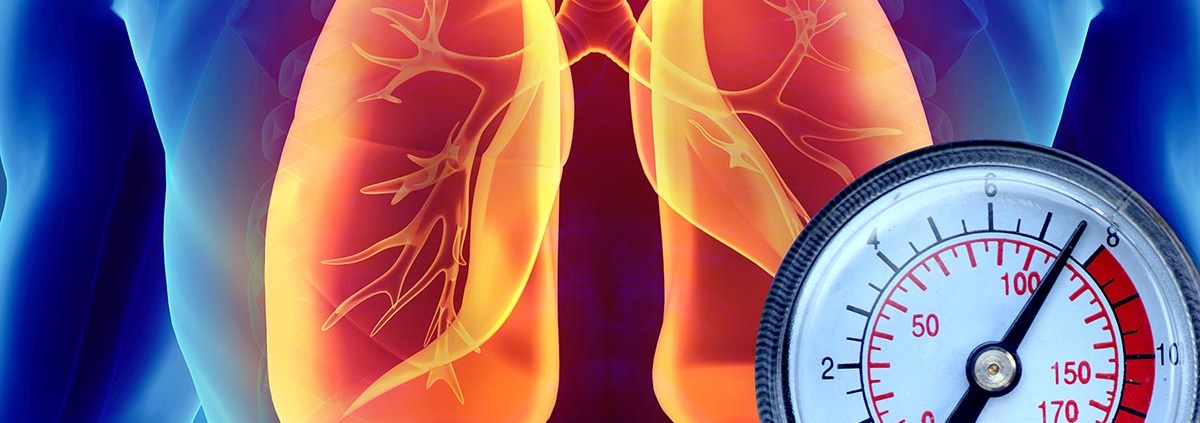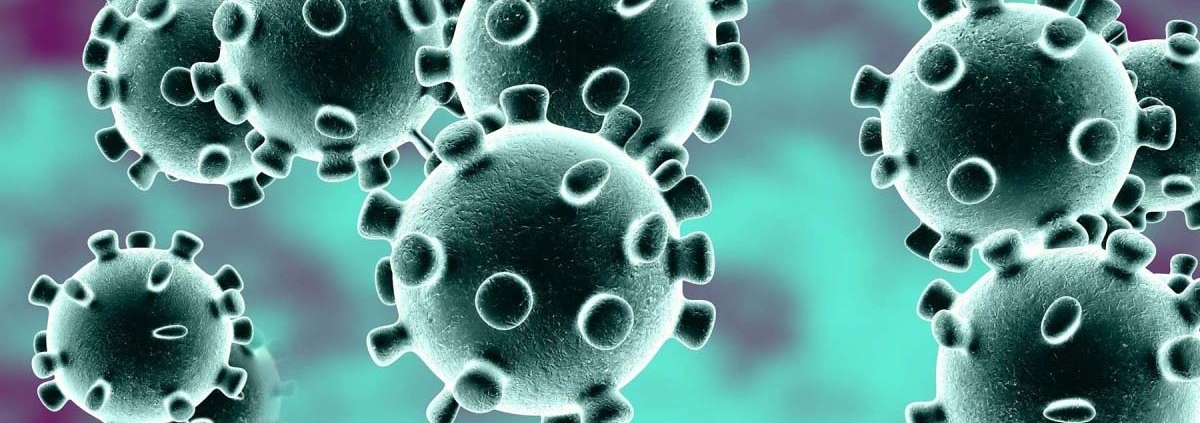Azithromycin — a commonly-prescribed antibiotic — also is being investigated as a potential treatment for COVID-19. Azithromycin’s association with cardiac events also has been debated. In 2012, the FDA issued a warning for azithromycin stating that it had been linked to cardiac events, but subsequent studies have yielded mixed results.
Now, researchers from the University of Illinois Chicago have found that azithromycin by itself is not associated with an increase in cardiac events; however, if the drug is taken with certain other drugs that affect the electrical functioning of the heart, then cardiac events increased.
“Our findings should give researchers and clinicians looking at azithromycin as a potential treatment for COVID-19 pause,” said Haridarshan Patel, a researcher in the department of pharmacy systems, outcomes and policy at the UIC College of Pharmacy and corresponding author on the paper. “We found that if taken together with drugs that affect the electrical impulses of the heart, the combination is linked with a 40% increase in cardiac events, including fainting, heart palpitations and even cardiac arrest.”
Drugs that affect the electrical impulses of the heart, specifically the interval in the electrical rhythm called the QT interval, are called QT-prolonging drugs. These drugs include blood pressure medications such as ACE inhibitors and beta-blockers, some antidepressants, anti-malaria drugs such as hydroxychloroquine and chloroquine, opioid medications and even muscle relaxers.
“Because QT-prolonging drugs are used so commonly, our findings suggest that doctors prescribing azithromycin should be sure that patients are not also taking a QT-prolonging drug,” Patel said.
In a previous study, Patel and colleagues found that one in five people prescribed azithromycin also were taking a QT-prolonging drug.
Release date: 16 September 2020
Source: University of Illinois at Chicago










